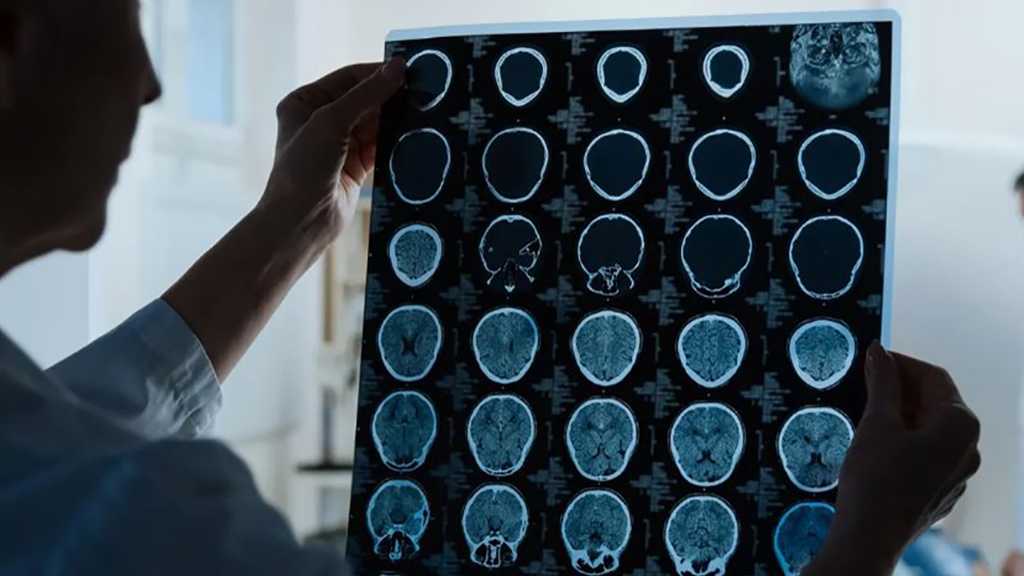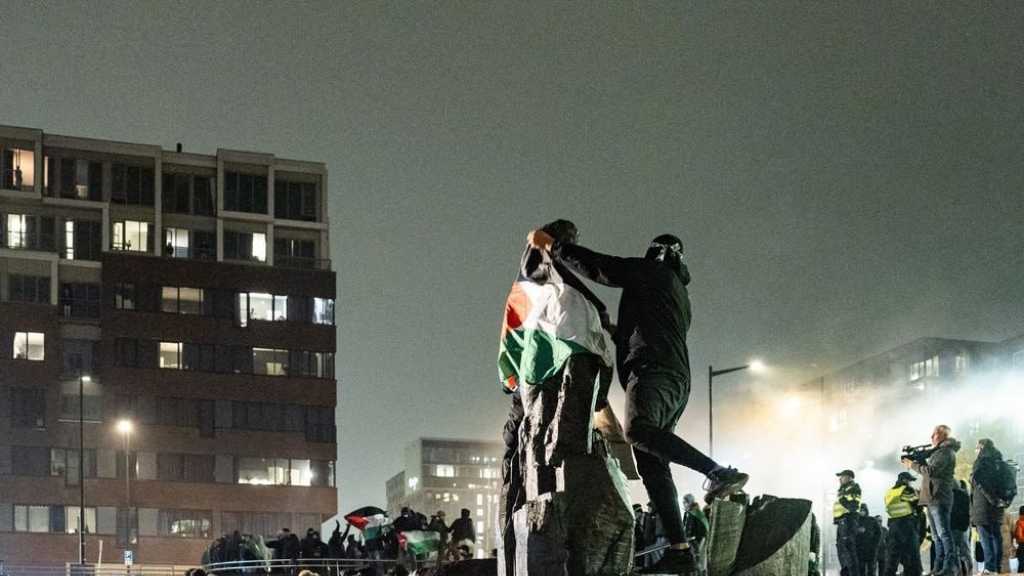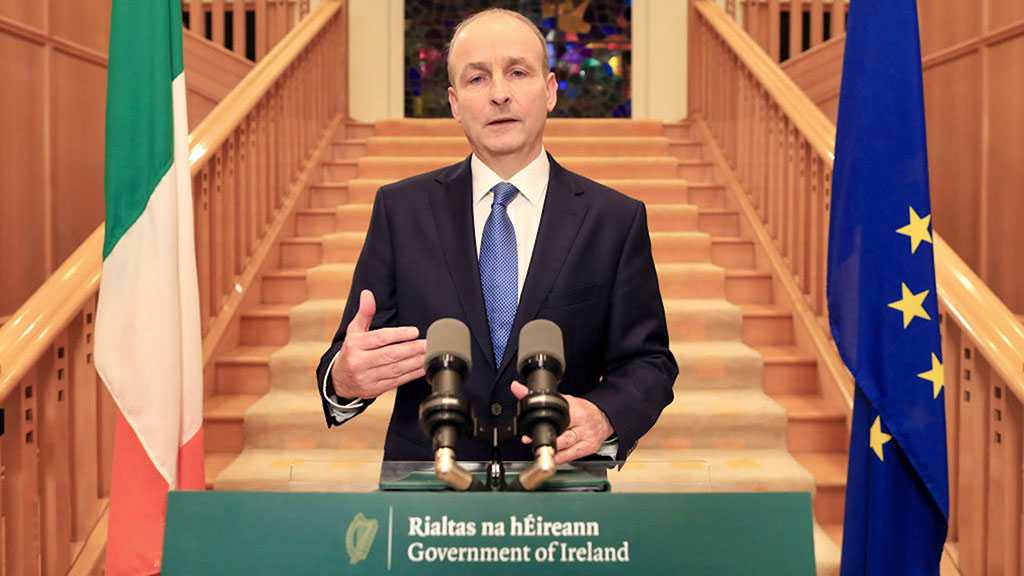Cancer Patients Face Life-threatening Delays In UK

By Staff, Agencies
Cancer patients face life-threatening hospital delays and the prospect of more grueling treatment as a result of NHS staff shortages, senior radiologists warned.
A poll of all 60 directors of the UK’s cancer centers by the Royal College of Radiologists [RCR] found staff shortages at 97% of the centers were leading to longer waiting times and delays in treatment.
The poll showed 88% were concerned about shortages affecting the quality of care. The RCR pointed out that for every four-week delay to treatment, the risk of death increased by about 10%.
Half of those surveyed reported “frequent delays” every month or most months in patients starting radiotherapy, while this was happening at 22% of centers most weeks or every week.
The RCR warned that staff shortages meant people were waiting longer than necessary to start chemotherapy or radiotherapy, while some doctors were having to make “difficult decisions” about who to prioritize and sending patients to other hospitals.
According to one head of service, prostate radiotherapy patients in their area were facing a three-month minimum wait to receive treatment, while breast cancer patients had a seven- to eight-week wait.
Staff shortages also meant costly medical devices, including linear accelerator machines for radiation, had to be switched off owing to the lack of people able to operate them, the RCR said.
Its report states that the UK has a 15% shortfall of clinical oncologists but by 2027 this figure would rise to 25%.
Over the next five years, one in five clinical oncologists are expected to retire, and more than half [54%] of current clinical oncology vacancies have been open for more than a year, it adds.
Meanwhile, the proportion of more expensive locum staff being used has grown from 4% to 8% in the past two years.
The RCR published two reports on Thursday, one looking specifically at cancer care and the other at the clinical radiology workforce.
In the second report, 80% of directors surveyed said they believed a shortage in the number of interventional radiology consultants was causing patients to receive more invasive treatment.
In 97% of centers, patient treatment had been delayed because of staff shortages over the past year, while in about half of centers, shortages were causing delays almost every month, the RCR audit found.
About 90% of those questioned thought workforce shortages would affect patient safety and only one in four said they had enough staff to deliver safe and effective care.
The report says 52% of trusts could provide adequate 24/7 interventional radiology services.
The RCR warned that across the UK there were 4,745 whole-time-equivalent radiologists working in the NHS and the consultant workforce had a 29% shortfall. It said there was a “ticking timebomb”, adding: “Without action, there will be a 40% shortfall of radiologists by 2027.”
Most consultants who left in 2022 were under 60, with many experiencing burnout, according to the RCR. It said new community diagnostic centers set up by the NHS had increased the workload on already stretched staff.
Dr Katharine Halliday, the RCR president, said: “There are simply not enough doctors to safely treat the volume of patients needed, and this will only worsen as demand rises and more doctors leave the NHS.
“Action from the government is now critical. We must train more doctors, while doing more to retain the ones we have. There is no luxury of time: doctors are stretched, stressed, and scared for their patients.”
Comments




